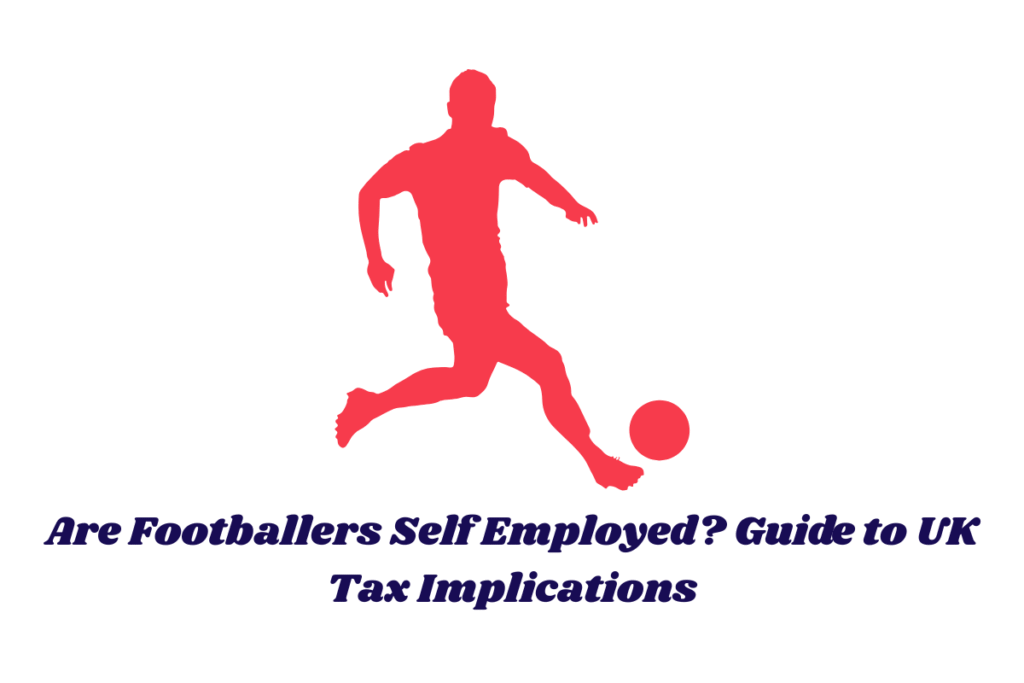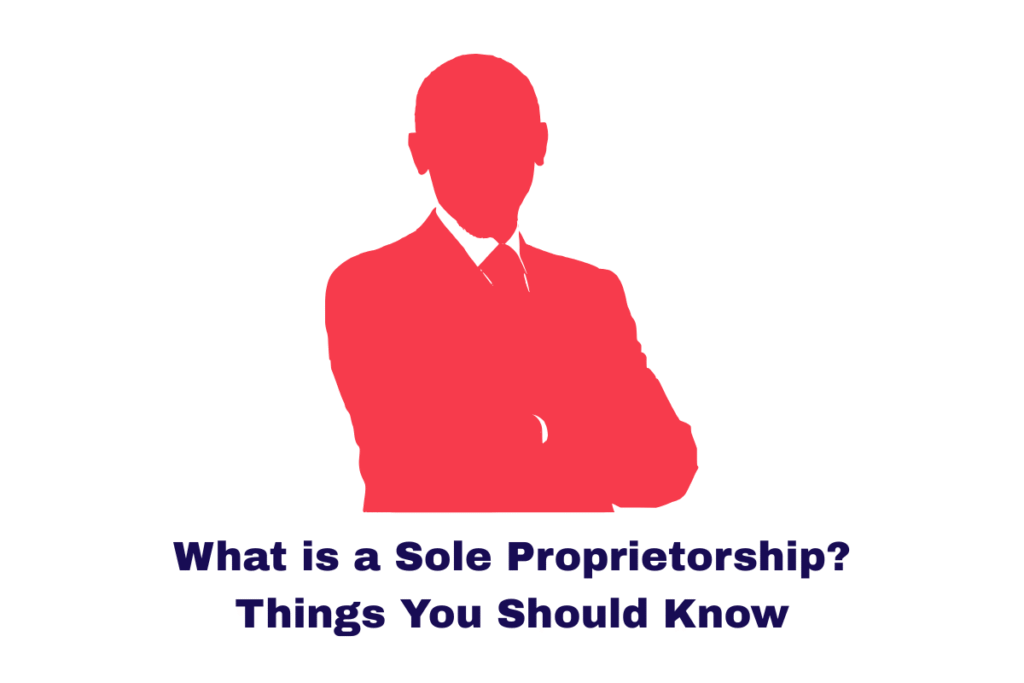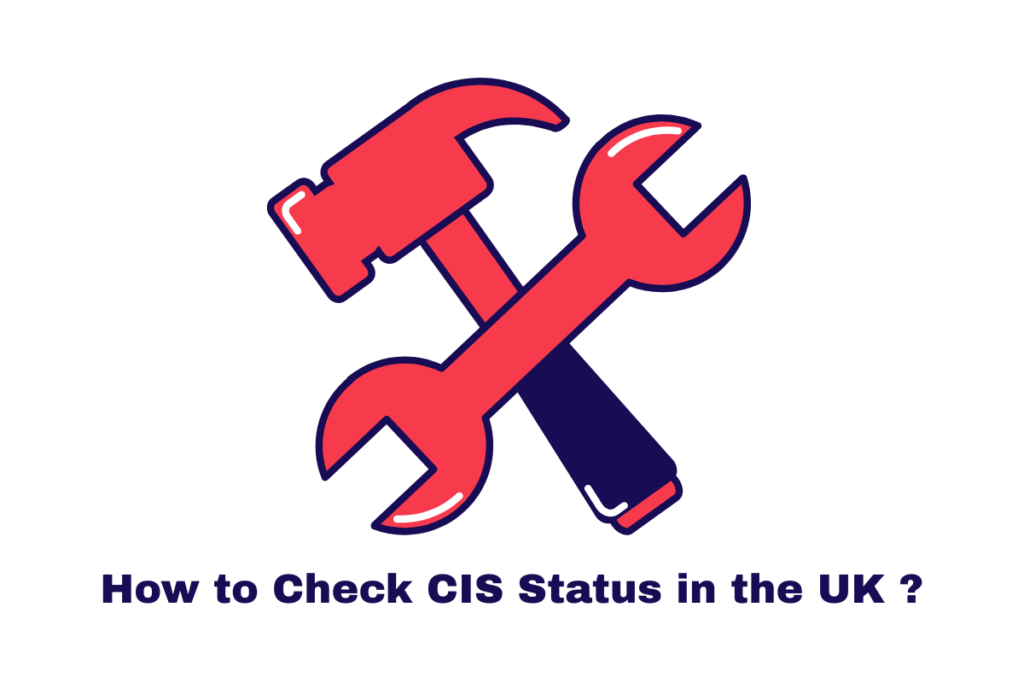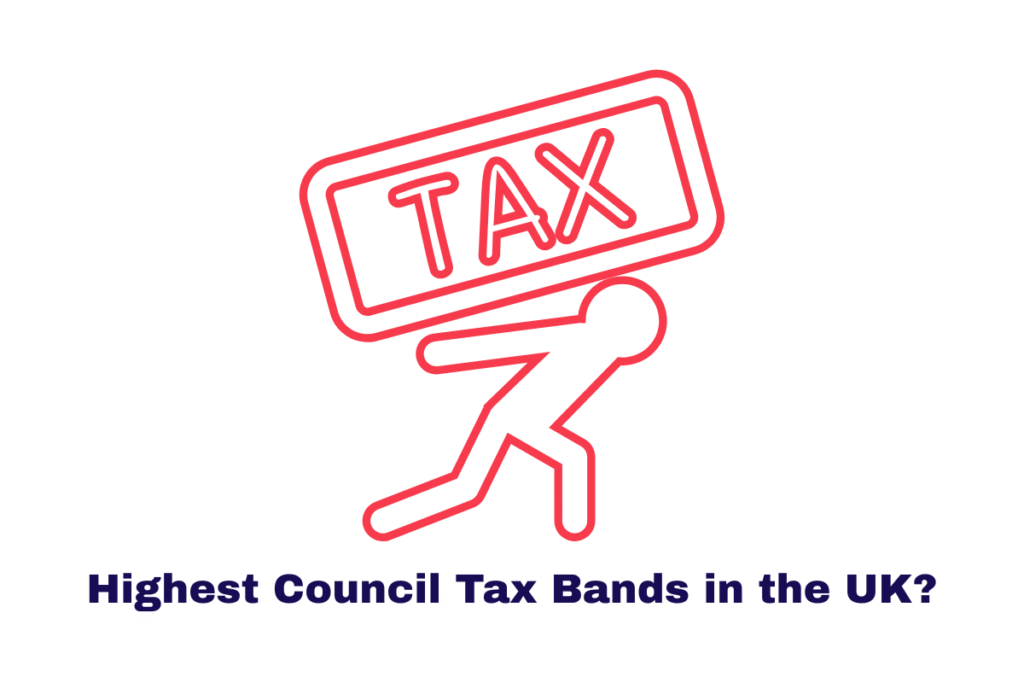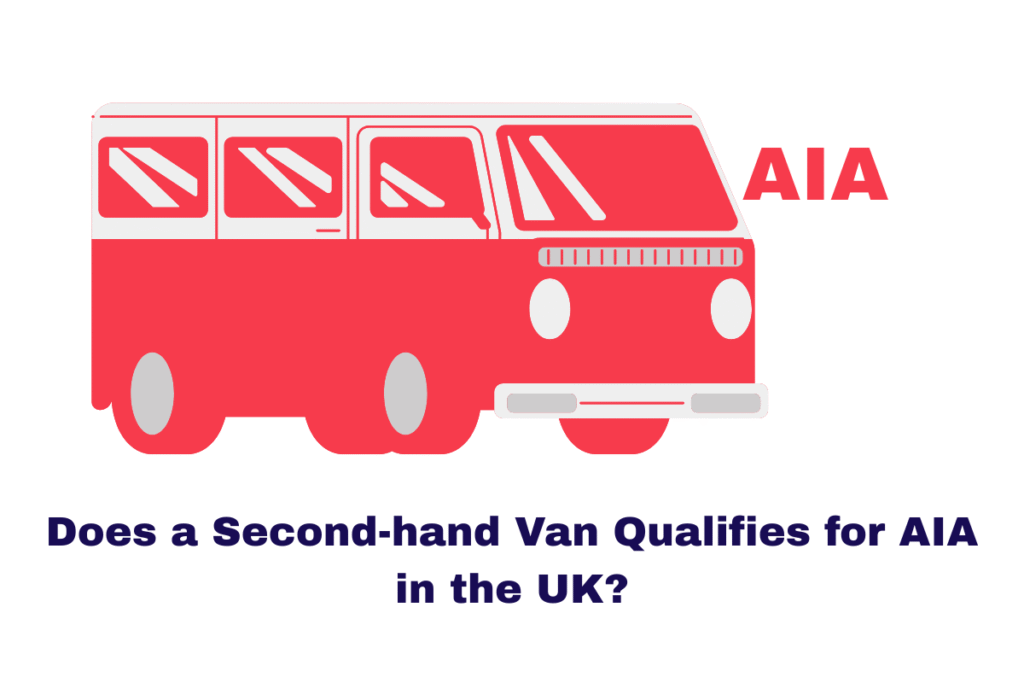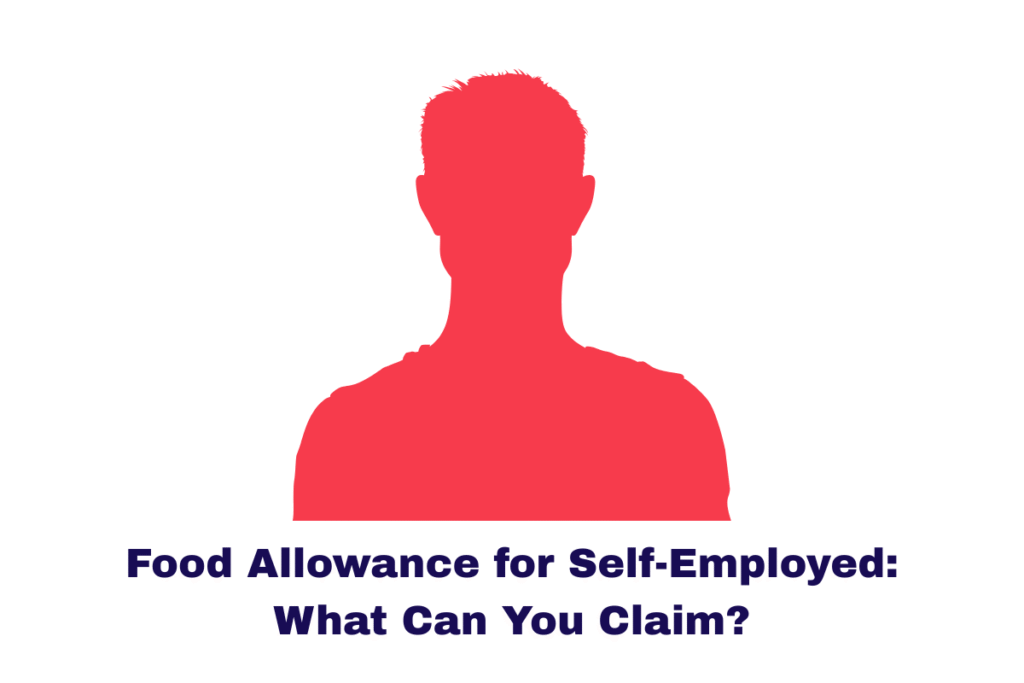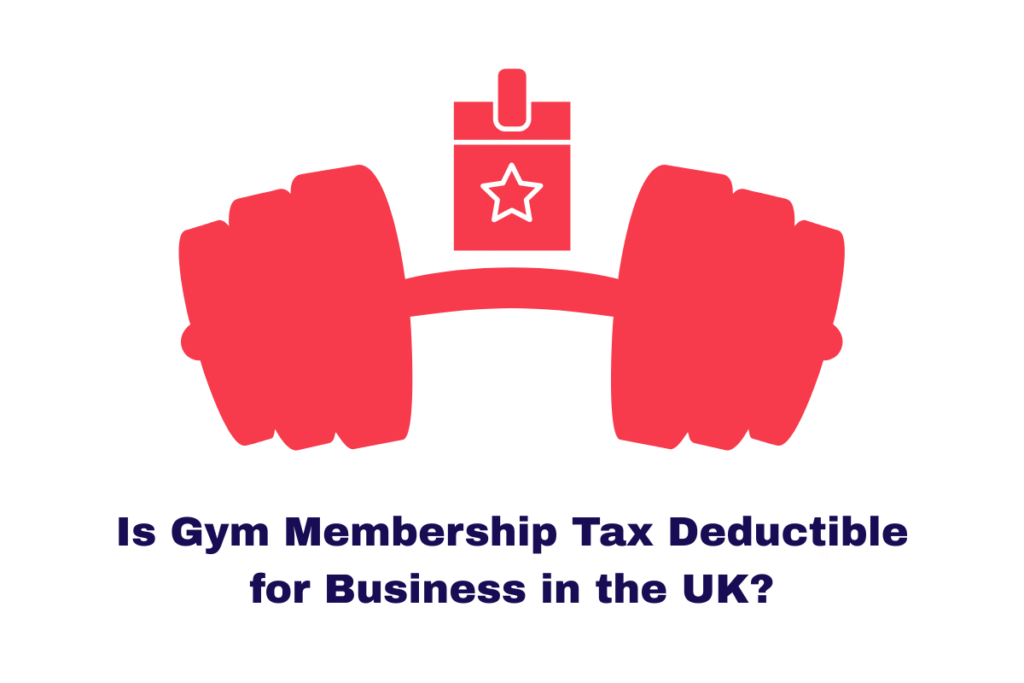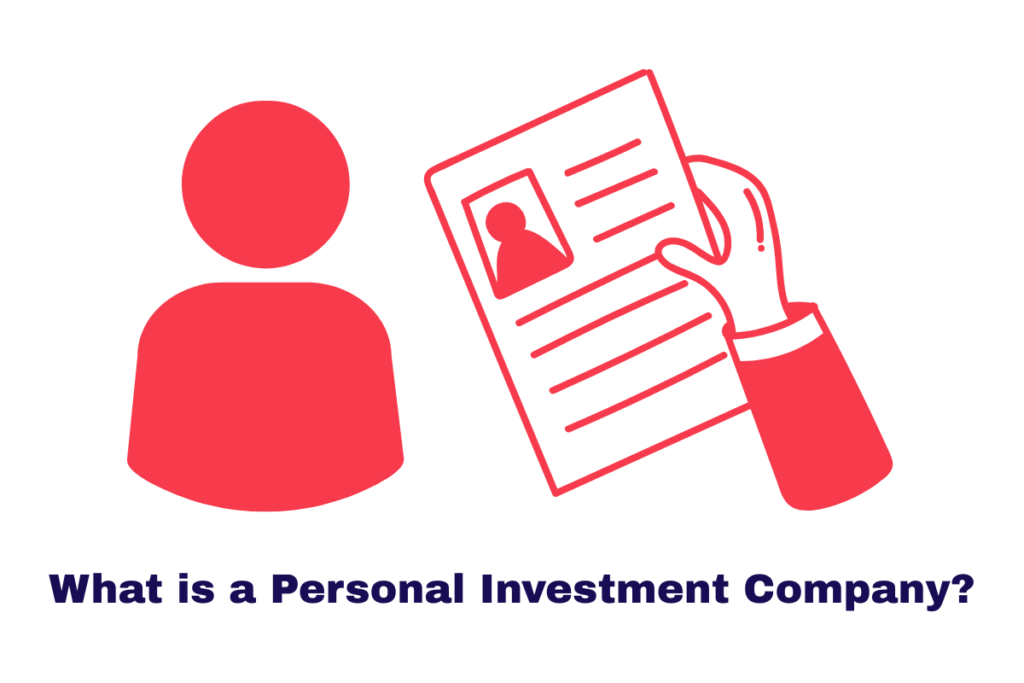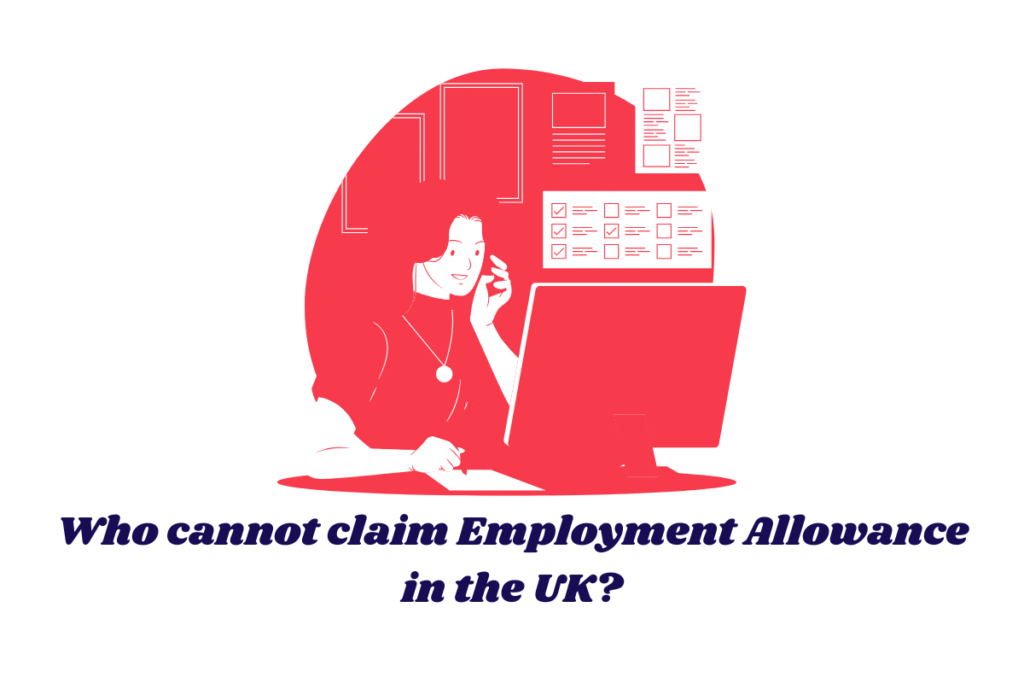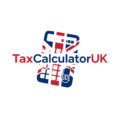For football fans, the beautiful game is all about passion, skill, and competition. But for tax professionals and financially savvy individuals, there’s often a different kind of curiosity — are footballers self employed? How are they taxed? Do they fall under PAYE or self-employment schemes?
In this comprehensive guide, we break down the employment status of footballers in the UK, explain how HMRC monitors their income, and explore the tax implications involved.
Summary
“This article explains the tax responsibilities of footballers in the UK and investigates whether they are classified as self-employed or PAYE.”
What Does PAYE Mean in the UK?
The term PAYE (Pay As You Earn) refers to the system through which income tax and National Insurance contributions are deducted directly from your wages by your employer.
Under this scheme, your tax is automatically calculated and paid to HM Revenue & Customs (HMRC) on your behalf each pay cycle.
This system is used for employees who receive a regular wage or salary from an employer. Their employer assigns a tax code, visible on their payslip, which determines how much tax is to be deducted from their gross income.
Summary
“PAYE is a system in which taxes are deducted from your salary by your employer, making it easier for HMRC to collect income tax and National Insurance.”
Are Footballers Self Employed or PAYE?
This is the central question: are footballers self employed, or are they considered employees?
In most cases, professional footballers who play for registered clubs are PAYE employees. They sign fixed-term contracts, receive monthly salaries, and have tax and National Insurance automatically deducted. Clubs act as their employers and are responsible for tax submissions to HMRC.
However, there are exceptions. For instance, footballers who engage in sponsorship deals, personal brand endorsements, coaching, or consulting independently may also register as self-employed for these additional income streams. In such cases, they must submit a Self Assessment Tax Return annually.
Summary
“Most footballers are classified as PAYE employees by clubs, but many also operate self-employed ventures like sponsorships or private coaching.”
You can also read our more guides on Personal Tax:
What is a Sole Proprietorship? Things You Should Know
How Much Will I Pay Tax on my Bonus in the UK?
When Are Footballers Considered Self Employed?
While the primary employment status of a footballer is often under PAYE, there are clear scenarios where they might also fall under the self-employed category, such as:
- Running their own training academy
- Offering one-on-one coaching sessions
- Creating and monetising social media content
- Entering into personal endorsement agreements
- Acting as brand ambassadors outside their club
In such situations, footballers are required to register with HMRC as self-employed individuals and maintain detailed records of income and expenses for accurate tax reporting.
Summary
“Footballers are considered self-employed when they earn income outside club contracts, such as through endorsements or private coaching.”
How Does HMRC Track a Footballer’s Income?
Whether a footballer is under PAYE or self-employed, HMRC maintains tight control and transparency over their income.
Clubs report earnings directly to HMRC through the Real Time Information (RTI) system. For any self-employed work, footballers must file their Self Assessment Tax Return by 31st January each year.
Additionally, income from overseas matches, sponsorship deals, or image rights is closely scrutinised. HMRC has investigated many high-profile cases where footballers attempted to misuse tax planning arrangements related to image rights or offshore income.
Summary
“HMRC uses Real Time Information (RTI) from clubs and Self Assessments for tracking a footballer’s PAYE and self-employed income sources.”
Tax Rates Footballers Must Pay in the UK
Footballers often earn above-average incomes and are usually subject to higher tax brackets. In the UK, income tax is calculated based on total annual earnings, regardless of how it’s earned. Here’s how it breaks down for the 2024/25 tax year:
| Income Band | Tax Rate |
| Up to £12,570 | 0% (Personal Allowance) |
| £12,571 to £50,270 | 20% (Basic Rate) |
| £50,271 to £150,000 | 40% (Higher Rate) |
| Over £150,000 | 45% (Additional Rate) |
For a footballer earning over £150,000 a year — which many Premier League players do — 45% of their taxable income goes to HMRC.
Summary
“Most professional footballers fall into the higher or additional rate tax brackets due to their high earnings, often paying up to 45% income tax.”
National Insurance Contributions (NICs)
Besides income tax, footballers must also pay National Insurance Contributions. For PAYE employees, NICs are automatically deducted. For self-employed individuals, NICs are paid through the Self Assessment process.
There are two types relevant here:
- Class 1 NICs: For employees (footballers under PAYE)
- Class 2 & Class 4 NICs: For self-employed work and additional income streams
Summary
“Footballers pay Class 1 NICs if under PAYE and Class 2 or 4 NICs if earning additional self-employed income.”
Dual Employment Status: PAYE and Self-Employed
It is entirely possible — and increasingly common — for a footballer to hold dual tax statuses. While employed by their club under PAYE, they may simultaneously register as self-employed for other income.
This mixed-status setup demands clear record-keeping, as all income must be accurately declared. A good accountant can help ensure footballers remain compliant with HMRC, avoid penalties, and take advantage of any allowable expenses or reliefs.
Summary
“Many footballers operate under both PAYE and self-employed status, making accurate tax reporting and professional advice essential.”
Common Expenses Footballers Can Claim (If Self-Employed)
Footballers engaged in self-employed work can claim tax-deductible business expenses such as:
- Travel for coaching or brand appearances
- Equipment and kits used for training others
- Accountant fees
- Marketing and promotional expenses
- Home office costs (for virtual coaching sessions)
However, expenses must be wholly and exclusively for business purposes and not related to PAYE employment.
Summary
“Self-employed footballers can reduce tax liability by claiming allowable business expenses related to coaching, travel, or endorsements.”
Risks of Incorrect Classification
Misunderstanding your employment status can result in underpayment or overpayment of tax, fines, or HMRC investigations. The UK tax system does not allow room for error — especially with high-profile earners like footballers.
Footballers should work closely with tax advisors or accountants to assess whether they should register for Self Assessment, how much tax to set aside, and when to file returns.
Summary
“Getting employment status wrong can lead to penalties — footballers should always seek expert tax advice to stay compliant.”
Conclusion: So, Are Footballers Self Employed?
To summarise, the answer to are footballers self employed depends on how they earn their income. Most professional footballers playing for clubs are PAYE employees.
However, many also operate self-employed businesses through sponsorships, social media, and coaching work. Both income types are taxable, and HMRC closely tracks all earnings.
By understanding these classifications and obligations, footballers can avoid tax issues and optimise their financial health.
Summary
“Footballers can be both PAYE and self-employed; understanding this dual status helps them manage tax more effectively.”
Calculate Your Tax Instantly
Whether you’re a professional athlete or a freelancer, use our Listen to Taxman Calculator to calculate your take-home pay after tax, National Insurance, and student loan deductions. It’s quick, easy, and HMRC-compliant.
Summary
“Use the Listen to Taxman calculator to see how much tax you owe or how much you take home — perfect for PAYE and self-employed individuals.”
The content provided on TaxCalculatorsUK, including our blog and articles, is for general informational purposes only and does not constitute financial, accounting, or legal advice.
You can also visit HMRC’s official website for more in-depth information about the topic.
